LATVIJA.FM
Latvia’s International Contributions to Robotics
Though small in size, Latvia has steadily emerged as an unlikely but compelling player in the evolving world of robotics. From academic research to industrial automation and global defense collaborations, Latvian engineers, institutions, and startups are increasingly recognized for their innovative spirit and precise craftsmanship. With roots in Soviet-era technical education and a forward-facing approach to European innovation networks, Latvia’s journey in robotics tells a story not only of machines, but of minds—quietly transforming the way we think, work, and interact with technology across borders.
A Legacy Born in the Laboratories of Riga
Latvia’s contributions to robotics stretch back further than many would imagine. During the Soviet era, Riga was home to several prominent engineering institutes that laid the groundwork for what would become a national tradition in technical excellence. The Riga Technical University (RTU), in particular, became a cradle of robotics research, focusing initially on control systems, automation, and mechatronics. As Latvia regained independence in the 1990s, these foundational strengths transitioned from state-directed efforts to more agile, market-driven applications. This legacy still pulses through RTU’s robotics curriculum, which has produced internationally competitive engineers and research teams involved in projects ranging from drone systems to precision manufacturing. It’s a quiet but persistent lineage—one that sees innovation not as an imported trend, but as a natural evolution of local expertise.
Educational Excellence Meets Global Collaboration
Latvian universities have carved out a respected niche in the global robotics community through both talent development and participation in cutting-edge research initiatives. The Faculty of Computer Science at the University of Latvia and RTU’s Institute of Industrial Electronics and Electrical Engineering regularly participate in EU Horizon programs and collaborate with research hubs across Germany, the Netherlands, and Finland. What makes Latvia especially compelling is its ability to punch above its weight: while larger nations often dominate the headlines, Latvian teams consistently present solutions at international robotics forums, emphasizing practical, cost-efficient approaches to complex automation challenges. Their work, often centered around robotics for environmental monitoring, smart agriculture, and mobility aid, reflects not only academic rigor but a genuine sense of purpose and responsiveness to real-world needs.
The Rise of Startups in the Baltic Tech Ecosystem
A new generation of Latvian entrepreneurs is taking robotics beyond academia and into global markets. Startups such as Aerones, a Riga-based company developing industrial robots for wind turbine maintenance, have gained global recognition for combining high-risk sector applications with robotic precision and safety. Aerones, whose technology is now used across Europe and North America, exemplifies how Latvian engineers are adapting robotics to niche industries that demand specialized solutions. Meanwhile, emerging ventures explore robotic mobility, healthcare assistance, and warehouse automation—often with lean teams that reflect Latvia’s pragmatic, results-driven approach to innovation. Supported by EU funds and a growing ecosystem of accelerators and co-working labs, these companies are helping to redefine Latvia not just as a producer of talent, but as a builder of next-generation tools for the global economy.
Robotics for Defense, Security, and Resilience
Latvia’s strategic position on NATO’s eastern frontier has also shaped its investment in defense-oriented technologies—including robotics. The Ministry of Defence and academic institutions frequently collaborate on projects involving unmanned ground vehicles, surveillance drones, and sensor-integrated robotics designed for hostile environments. What distinguishes Latvia’s approach is its focus on modularity and rapid adaptability—crucial traits for a country that must remain agile in a dynamic geopolitical environment. Latvian defense engineers work closely with international partners, especially in the Nordic-Baltic region, to ensure that robotic systems meet both NATO standards and the specific needs of border security and disaster response. These efforts reinforce Latvia’s image not merely as a recipient of security technology, but as a proactive contributor to Europe’s collective resilience.
Competitions and the Next Generation of Talent
Latvia’s commitment to robotics isn’t confined to laboratories or military facilities—it’s actively nurtured among its youth. Competitions such as the RTU Robotics Club events and the Baltic Robot Sumo tournament draw students from across the region and inspire younger generations to build, code, and compete. These events, often hosted in Riga and other university towns, serve as proving grounds for talent and as entry points into international networks. Latvia has sent student teams to global competitions like RoboCup and the FIRST Tech Challenge, where they’ve not only held their own but earned accolades for creativity and efficiency. These contests are more than sporting events—they are rites of passage for a new class of Latvian innovators, forging their future with the quiet precision of circuit boards and algorithms.
Latvia’s Quiet Precision on the Global Stage
While it may not yet be synonymous with robotics in the way that Japan or the United States is, Latvia is steadily carving out a distinct role—defined by precision, practicality, and international collaboration. Its academic roots, combined with an increasingly entrepreneurial mindset, have allowed Latvia to grow beyond its Soviet-era foundations and shape a future where small, smart nations can lead in specialized innovation. In this way, Latvia’s robotics sector mirrors the country itself: understated but deeply capable, modest but determined. As the world embraces a future of intelligent machines, Latvia’s voice—precise, thoughtful, and resilient—is already part of the global conversation.
